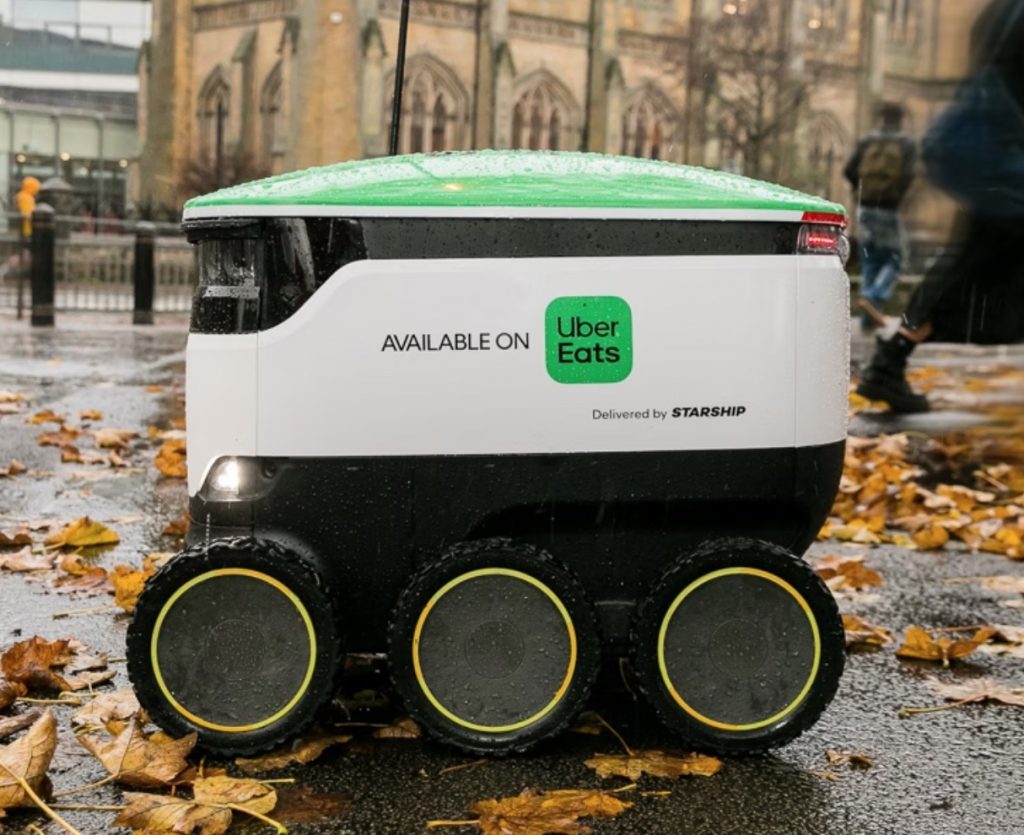Starship Technologies, a leading autonomous delivery technology platform, and Uber Technologies announced a global collaboration to roll out autonomous sidewalk robot delivery across multiple markets. The partnership will start with the UK in December, followed by multiple European countries in 2026, and U.S. expansion planned for 2027.

The collaboration positions Uber Eats to enable proven autonomous delivery technology at a commercial scale across multiple countries. Starship’s AI-powered robots, which have completed over 9 million deliveries across seven countries, will enable Uber Eats to offer next-generation delivery experiences to consumers.
The partnership delivers tangible results before year-end, with autonomous robot deliveries launching in Leeds, UK, in December 2025. Starship’s robots will be operating at Level 4 autonomy and will have the capability to complete deliveries in under 30 minutes for distances of up to 2 miles.
“Together, we’re building the infrastructure that will define the next generation of urban logistics,” said Ahti Heinla, co-founder and CEO of Starship Technologies. “Uber Eats has built the world’s leading delivery platform, with the widest reach, trusted by millions across 10,000 cities. We bring scalable autonomous technology that works profitably at city scale.”
“Autonomous delivery is an exciting part of how we see the future of Uber Eats,” said Sarfraz Maredia, Global Head of Autonomous at Uber. “Together with Starship, we’re bringing this future to life across multiple continents, leveraging Uber’s global scale and Starship’s proven autonomy to deliver efficient and affordable experiences for consumers and merchants everywhere.”
Starship operates the world’s largest autonomous delivery network. Over the last 11 years, Starship robots have operated in more than 100 cities across 15+ countries. Today, the company’s fleet of 2,700+ robots operates across 270+ locations, collectively completing 100,000+ road crossings every day. This extensive real-world experience has generated a dataset of approximately 200 million crossings, which Starship uses to train and improve its AI models continuously. The company has addressed key challenges such as safety validation, regulatory approval across seven countries, all-weather reliability, and profitability at scale.

